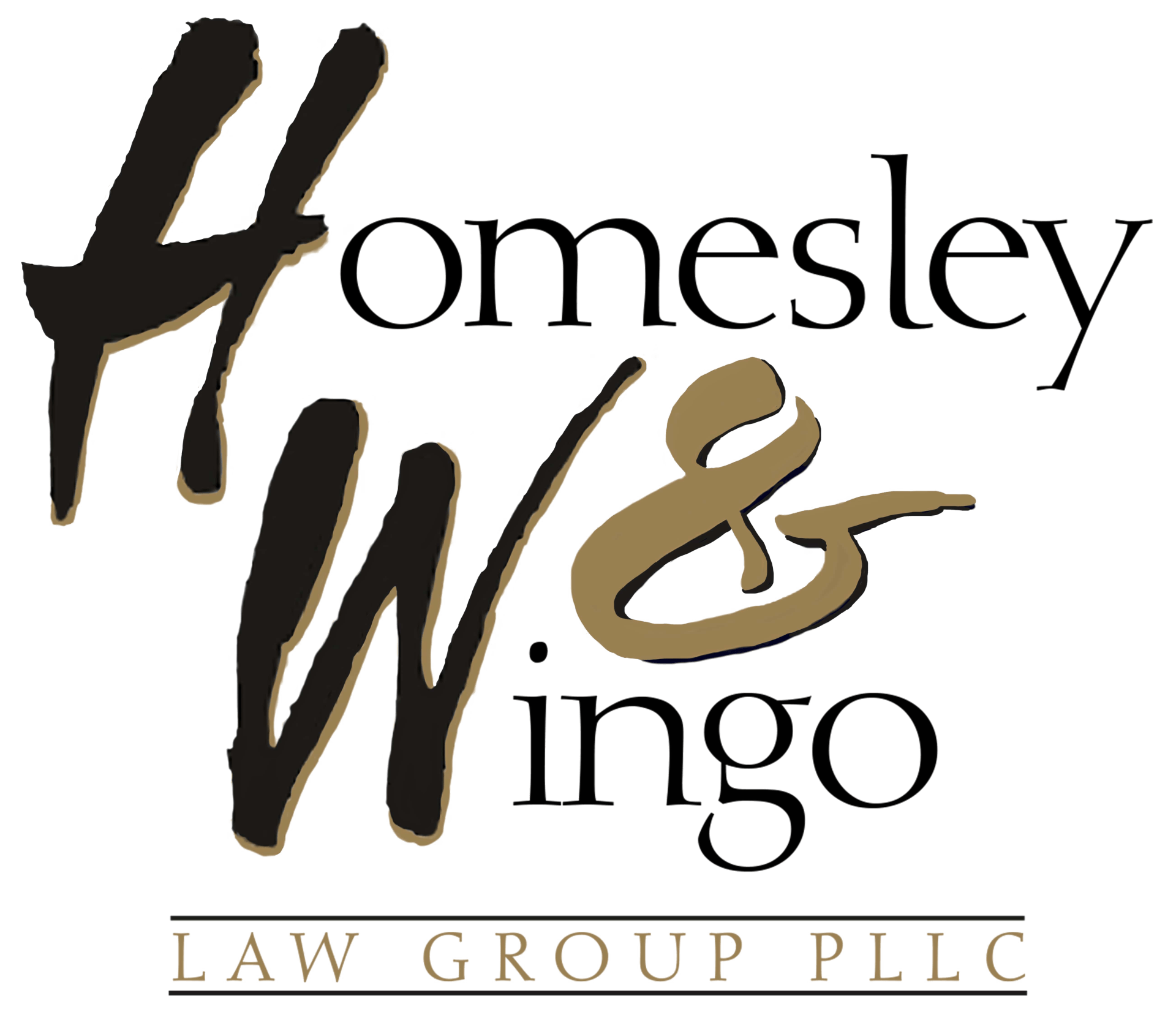Securing Property By Issuing An Order of Attachment
An extremely effective, but often underutilized litigation tool in North Carolina is the order of attachment. Attachment has particular applicability to the racing industry due to the nomadic nature of the sport and its participants. Though attachment can often bear fruit early in litigation and lead to prompt recovery by creditors, it is also a remedy that should not be undertaken lightly.
Attachment is defined as follows:
NCGS §1-440.1(a) Attachment is a proceeding ancillary to a pending principal action, is in the nature of a preliminary execution against property, and is intended to bring property of a defendant within the legal custody of the court in order that it may subsequently be applied to the satisfaction of any judgment for money which may be rendered against the defendant in the principal amount.
The most likely and clear cut scenario under which an order of attachment may be available is the case where the defendant is a nonresident or a foreign corporation (see NCGS §1-440.3(1) and (2)). The statute is clear that this is a simple categorization. If the defendant is a nonresident individual, the defendant’s assets that are located in North Carolina are subject to attachment. If the defendant is a foreign corporation, the defendant’s assets that are located in North Carolina are subject to attachment.
GENERAL PROCEDURES GOVERNING ATTACHMENT
In North Carolina, the law governing attachments is codified in great detail in NCGS §1-440 et. seq. In that attachment is an instantaneous remedy that is entered long before a final judgment, there are not a significant number of appellate cases relating to attachment despite the fact that attachment often results in significant immediate financial impact on the defendant.
When a defendant has its assets attached at the outset of litigation, it is put at a tremendous disadvantage in that litigation. The plaintiff, by posting what often is a minimal bond, and by alleging through affidavit or verified complaint that the defendant is a foreign corporation or a non-resident is entitled to an order of attachment.
All of a defendant’s property in North Carolina which would normally be subject to levy under execution of a judgment is likewise subject to attachment. NCGS §1-440.4. This means that anything from money in the bank to equipment and inventory is subject to being attached.
The clerk of superior court or the judge of the appropriate trial division has the authority to issue an order of attachment at any time from the commencement of litigation until prior to the entry of final judgment. NCGS §1-440.5. No order of attachment can be issued after judgment has been entered. NCGS §1-440.6.
The clerk or judge as the case may be has the authority to set the bond. NCGS §1-440.10 provides that the bond cannot be less than $200.00. The amount of the bond is critical because if the plaintiff does not prevail, the defendant is entitled to recover the defendant’s damages directly from the bond.
The element of surprise is essential in actions where attachment is an option. As such, while in most cases pre-litigation negotiation is always the best policy, it is usually best to file first and talk later in cases where an order of attachment is a good possibility. Once the order is issued and bond obtained, the attorney must work closely with the sheriff in carrying out the levy of the order of attachment. The plaintiff client will often know a lot about the defendant and the assets in possession of the defendant. This is particularly true in the racing environment. Often, when the sheriff arrives to execute the order, the defendant will attempt to mislead the sheriff by providing the sheriff with outdated equipment or race cars. We have had this happen on several occasions and with the help of our client have been able to inform the sheriff of the more valuable assets (such as a transporter) that will more likely equal the value in the order of attachment.
Call (704) 457-1073 today to reach our Mooresville civil litigation attorneys. Make sure that you understand your legal rights, and start discussing your legal options.
Homesley & Wingo Law Group, PLLC
This website has been built to be accessible for all users. If you experience any difficulty in accessing this website, please contact us for assistance.
The information on this website is for general information purposes only. Nothing on this site should be taken as legal advice for any individual case or situation. This information is not intended to create, and receipt or viewing does not constitute, an attorney-client relationship.

